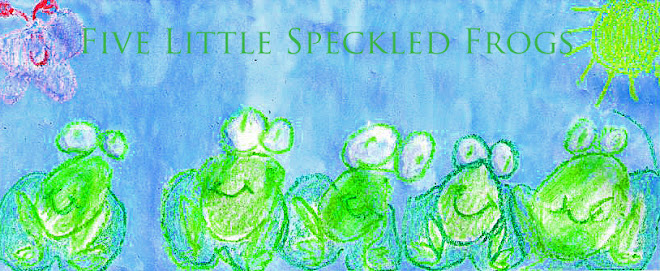I really want to read something by Mary Oliver, but all the Davis County library system has is A Poetry Handbook, which I finished reading Monday. Though the book did not have any of her own poetry in it, she did have some of the best advice for writers that I have found yet. Here it is:
"If Romeo and Juliet had made appointments to meet, in the moonlight-swept orchard, in all the peril and sweetness of conspiracy, and then more often than not failed to meet--one or the other lagging, or afraid, or busy elsewhere--there would have been no romance, no passion, none of the drama for which we remember and celebrate them. Writing a poem is not so different--it is a kind of possible love affair between something like the heart (that courageous but also shy factory of emotion) and the learned skills of the conscious mind. They make appointments with each other, and keep them, and something begins to happen. Or, they make appointments with each other but are casual and often fail to keep them: count on it, nothing happens.
The part of the psyche that works in concert with consciousness and supplies a necessary part of the poem--the heat of a star as opposed to the shape of a star, let us say--exists in a mysterious, unmapped zone: not unconscious, not subconscious, but cautious. It learns quickly what sort of courtship it is going to be. Say you promise to be at your desk in the evenings, from seven to nine. It waits, it watches. If you are reliably there, it begins to show itself--soon it begins to arrive when you do. But if you are only there sometimes and are frequently late or inattentive, it will appear fleetingly, or it will not appear at all.
Why should it? It can wait. It can stay silent a lifetime. Who knows anyway what it is, that wild, silky part of ourselves without which no poem can live? But we do know this: if it is going to enter into a passionate relationship and speak what is in its own portion of your mind, the other responsible and purposeful part of you had better be a Romeo. It doesn't matter if risk is somewhere close by--risk is always hovering somewhere. But it won't involve itself with anything less than a perfect seriousness.
For the would-be writer, this is the first and most essential thing to understand. It comes before everything, even technique."

No comments:
Post a Comment